The budget likely to continue prioritizing agriculture sector
JS Research has just released an update on its coverage of the agriculture and fertilizer sectors. The research house has highlighted key expectations and potential impacts for the upcoming FY25 budget.
Focus on agriculture for self-sufficiency
Limited information is available regarding direct measures for the fertilizer and agriculture sectors in the FY25 budget. However, it is crucial for the government to prioritize the agriculture sector to achieve self-sufficiency in essential food items. This focus is necessary to manage food inflation, which significantly impacts the overall inflation outlook, and to maximize export potential from products such as rice and cotton.
📢 Announcement: You can now access our services and similar analyses by opening an account with us via JS Global

Key Expected Measures:
- Higher allocation for Research and Development in agriculture.
- Resources for farmers to ensure the delivery of quality seeds.
- Further solarization of tube wells.
- Provision of agricultural machinery.
Potential tough measures for IMF approval
According to news sources, the Federal Board of Revenue (FBR) has proposed a standard rate of 18% Sales Tax on a wide range of items currently classified as zero-rated or exempted, including tractors, fertilizers, dairy, and stationery items in the upcoming budget. Additionally, there is a possibility of revoking the Sales Tax exemption on pesticides, potentially subjecting them to 18% GST or a specifically notified lower rate. These measures could increase farmers’ costs and impact their income.
Impact on the Fertilizer Sector:
- Output tax on the fertilizer sector was previously exempt, making input tax a part of the cost.
- Manufacturing costs increased, leading to a rise in Urea prices by Rs350/bag in August 2022.
- Any potential reintroduction of sales tax on fertilizer products could result in end-user price adjustments, with fertilizer companies remaining relatively unaffected.
Revising and equalizing gas prices
In a recent Federal cabinet meeting, it was concluded that gas supplied to fertilizer plants should be at full price rather than subsidized rates. The recent revision in gas prices in February 2024 set the gas price for 60% of fertilizer manufacturers at Rs1,597/mmbtu for both feed and fuel, still containing a subsidy of Rs217/mmbtu. Mari-based players, comprising 40% of all fertilizer players, continue to be charged feed gas at Rs580/mmbtu. The delay in announcing gas prices for Mari-based players has led to inconsistencies in fertilizer prices, highlighting the need for clarity on gas pricing.
Volatility in local vs. imported urea prices
Domestic urea prices have historically been at a discount compared to international prices, but this gap has become volatile. The price gap between the landed price of imported urea and locally manufactured urea contracted to 13% earlier this month but has now returned to a 22% premium. This reflects a risk to the industry’s pricing power and aligns with the demand to deregulate the sector, allowing efficient players to stand out. In the event of major rises in gas costs or moves towards WACOG to curtail gas circular debt, further fertilizer price adjustments may occur.
Investment potential and dividends
📢 Announcement: We're on WhatsApp – Join Us There!
The fertilizer sector offers steady revenue and cash flow streams for investors. Both FFC and EFERT have rallied 23% and 41%, respectively, year-to-date. FFC is favored due to its favorable dynamics and capital upside potential, offering a stable dividend yield with an estimated 18% yield for CY24.
JS Fertilizer Universe Financial Metrics
| Company | PE (x) CY24F | PE (x) CY25F | DY CY24F | DY CY25F | Market Cap (Rs mn) |
|---|---|---|---|---|---|
| FFC | 3.75 | 3.57 | 18% | 19% | 177,210 |
| EFERT* | 6.23 | 5.45 | 16% | 18% | 211,191 |
| FFBL | 2.93 | 3.68 | 6% | 8% | 40,920 |
Disclaimer:
The information in this article is based on research by JS Research. All efforts have been made to ensure the data represented in this article is as per the research report. This report should not be considered investment advice. Readers are encouraged to consult a qualified financial advisor before making any investment decisions.
⚠️ This post reflects the author’s personal opinion and is for informational purposes only. It does not constitute financial advice. Investing involves risk and should be done independently. Read full disclaimer →



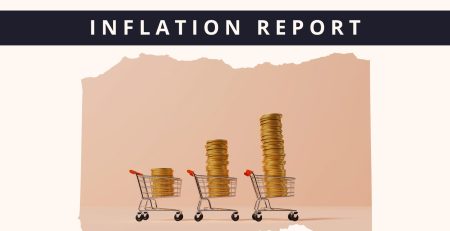
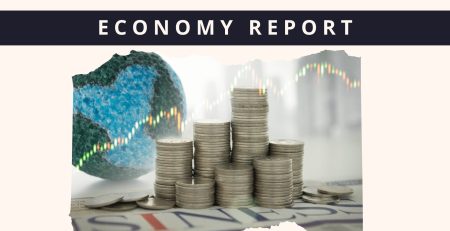



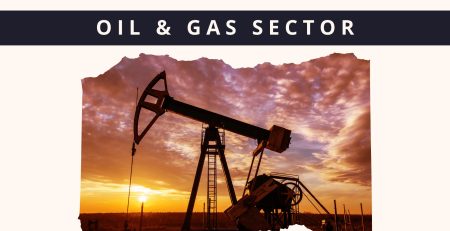
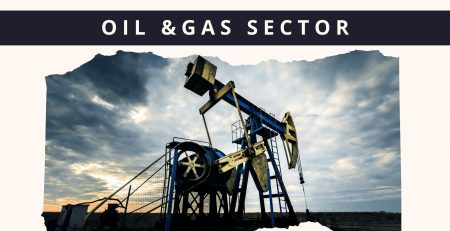
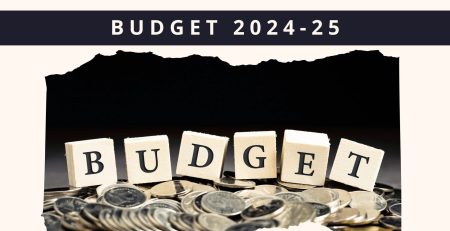
Leave a Reply